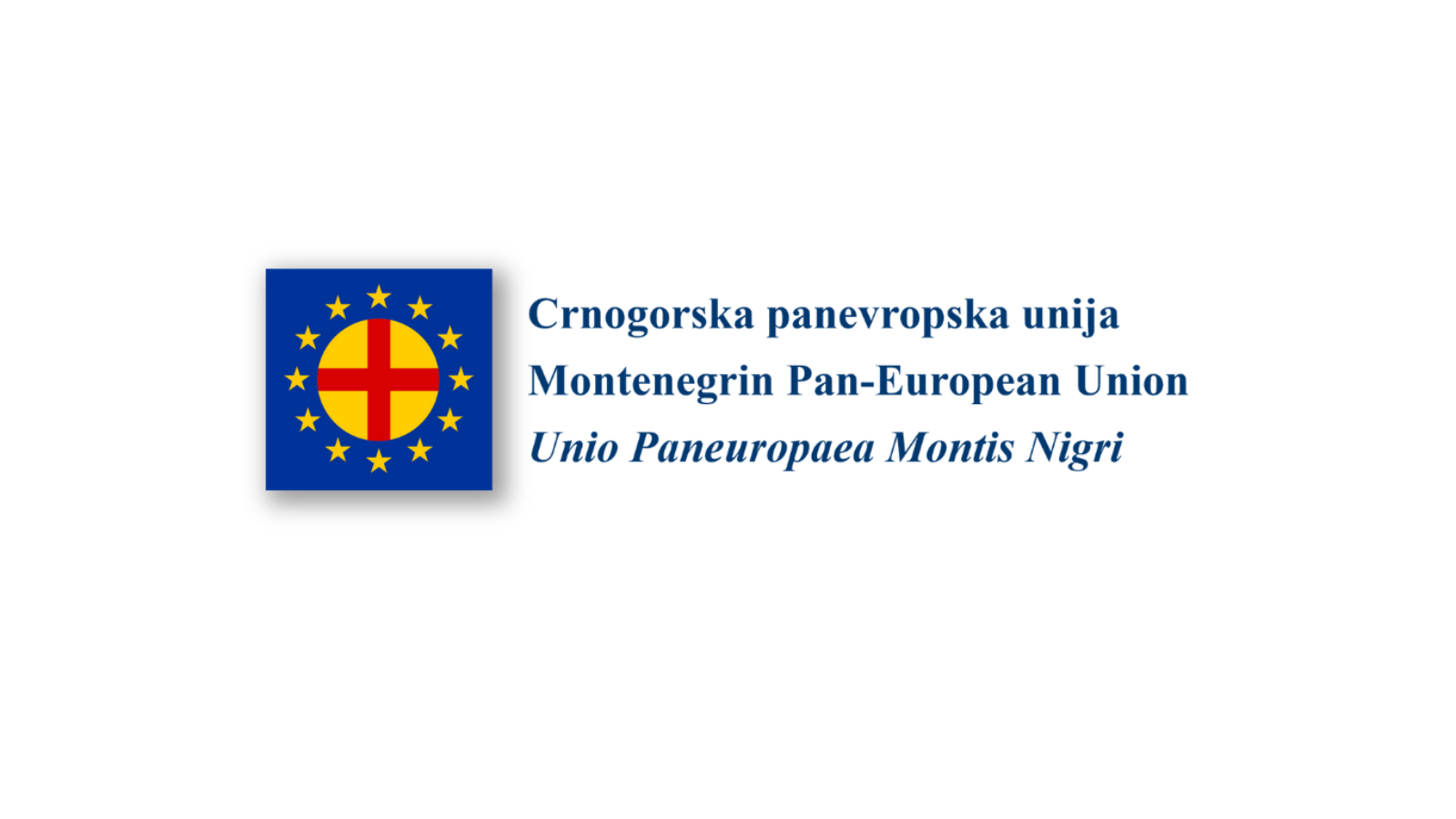Summary of the project implemented by Montenegrin Pan-European Union
The project aims to analyze and compare the Berlin Process and alternative regional initiatives in the Western Balkans, focusing on the benefits of the Berlin Process and providing evidence-based recommendations for policymakers in Montenegro. The project also addresses the challenges posed by alternative initiatives like the Open Balkan, emphasizing the importance of inclusive and comprehensive regional integration.
Project goals
The general goal is to assess the advantages of the Berlin process in relation to alternative regional initiatives (political aspect, economic, security, impact on the dynamics of EU integration, connection with EU pre-accession support, especially with the Green Agenda for the Western Balkans and the Connectivity Agenda, etc.) and making recommendations to policymakers and other interested parties in Montenegro and the region.
Specific objectives are the following:
- Conduct comprehensive research (continuation) of the Berlin Process, and its advantages in terms of inclusivity and coverage, in relation to alternative regional initiatives (such as the Open Balkans – OB);
- Through the research, project will also conduct a regional integration SWOT: analyze and compare the strengths and opportunities, i.e. challenges and threats, of key, primarily economic regional initiatives, with a focus on the Berlin process, with the support of CEFTA 2006 – the regional agreement on free trade, in relation to the risks of the Open Balkans (using the historical method, content analysis, comparative analysis, descriptive statistics, analysis of financing models, economic analysis and projections using econometric models); On the basis of the above, identify the benefits and limitations that Montenegro faces in participating in the Berlin process;
- Make recommendations to decision-makers and competent institutions for EU integration – IPA support and related loans from European banks (EBRD, EIB, KfW, etc.), and with national co-financing means – to contribute to the development of infrastructure, regional connectivity, economic cooperation, through the affirmation of the Berlin Process. and the introduction of European standards in all spheres of public policies in Montenegro;
- Gather experts, policy makers and interested parties to discuss and exchange ideas about the optimal model of regional economic integration through four thematic seminars and a final conference, as well as a final press conference;
- Promote regional economic integration and dynamism of the EU integration path of Montenegro, through thematic lectures to students, on social networks and in the media.
Beneficiaries
- Policy makers and representatives of state administration and local self-government in Montenegro
- Members of the academic community and students (economics, political sciences, law, agriculture…)
- Representatives of international organizations, civil society organizations and the private sector
Main activities
- Research on the Berlin Process and Alternative Regional Initiatives – This activity is the backbone of the project, as it aims to collect comprehensive information and data on the Berlin Process and Alternative Regional Initiatives. In addition to the research coordinator, the research activity will be carried out by 6 researchers, who cover various areas including security, tourism and mobility, trade, agriculture and local communities, as well as horizontal econometric research and research synthesis. The aim is to collect comprehensive information and data on the Berlin Process and alternative regional initiatives, to analyze and compare their strengths, weaknesses, advantages and challenges. The research will provide the basis for other project activities.
- Lectures – Two lectures on regional initiatives and European integration will be held at the Faculty of Economics and the Faculty of Political Sciences of the University of Montenegro. These lectures provide an opportunity for students and academic staff to engage with the project’s themes and ideas. The lectures will help raise awareness of the importance of the Berlin process, and critically analyze alternative regional initiatives, as well as the importance of regional economic integration for the development of Montenegro.
- Four thematic seminars – bringing together experts, policymakers and stakeholders to discuss and exchange ideas on the Berlin Process and alternative regional initiatives.1. “Berlin process: economic cooperation and trade”, Podgorica, 2. “Berlin process: tourism and mobility”, Bar, 3. “Berlin process: regional integration and security issues”, Podgorica, and 4. “Regional integration and the Berlin process: agriculture and development of local communities”, Bijelo Polje. The seminars will provide an opportunity to share research results and receive feedback from participants, through a participatory process. These seminars are relevant, as they will provide an opportunity for the promotion of research results, constructive dialogue and feedback from participants through a participatory process. By including different target groups, and interested parties, including policymakers, and representatives of state and local self-governments in Montenegro, the project team will gain insight into the specific problems and priorities of different actors in Montenegro. These seminars will also help to build a network of actors interested in regional integration, build consensus on the importance of the Berlin Process and identify policy recommendations to improve regional economic integration.
- Final conference – dedicated to the target groups, with the participation of end users and the research team, and with media coverage. The conference will be an opportunity to disseminate the results of the project’s research, with a focus on recommendations for policymakers. The conference will also provide an opportunity to build partnerships among interested parties, as well as to raise awareness of the importance of the Berlin Process for the development of Montenegro. Dissemination of research results with media coverage is crucial, as it will ensure that research results are available to the general public.








